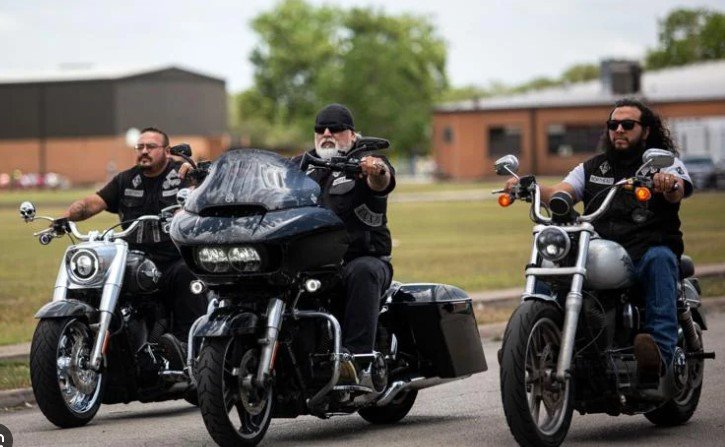The Role of Motorcycle Clubs in Promoting Biker Safety
Motorcycle clubs play a crucial role in promoting biker safety. While they are known for fostering camaraderie and organizing events, many clubs also focus on educating riders about safe practices. Through workshops, safety campaigns, and peer support, these clubs help reduce accidents and make the roads safer for all motorcyclists.

Safety Training and Workshops
Many motorcycle clubs organize safety training and workshops. These programs teach riders essential skills, such as defensive riding, emergency braking, and cornering. Clubs often invite experienced riders or instructors to lead these sessions. Riders of all levels benefit from these hands-on learning opportunities. By offering training in a supportive environment, clubs ensure that members are well-prepared for real-world riding conditions.
Promoting Protective Gear
Another way motorcycle clubs promote safety is by encouraging the use of protective gear. Many clubs provide information about the importance of wearing helmets, gloves, jackets, and boots. Some clubs even organize gear drives or partner with manufacturers to offer discounts to members. By making safety gear more accessible and emphasizing its importance, clubs help riders stay safe during every ride.
Raising Awareness Through Charity Rides and Events
Motorcycle clubs often host charity rides and events that promote safety awareness. These events provide opportunities to reach a wider audience, including new riders who may not be aware of important safety practices. By participating in charity rides, clubs not only raise funds for good causes but also raise awareness about safe riding habits. Many of these events feature safety demonstrations, rider education booths, and talks from experts in motorcycle safety.
Peer Support and Mentorship
In many motorcycle clubs, experienced riders take on the role of mentors for newer members. These mentors provide guidance on safe riding techniques, maintenance, and best practices. By learning from seasoned riders, newer members develop safe habits early on. Peer support helps foster a culture of responsibility, where riders look out for one another. This sense of community is crucial in promoting long-term safety on the road.
Advocacy for Motorcycle Safety Legislation
Motorcycle clubs are also active in advocating for better motorcycle safety laws and regulations. Many clubs work with local governments to push for legislation that improves road safety for all riders. This may include campaigning for better infrastructure, stricter helmet laws, or more rider education programs. Clubs often use their influence to ensure that the voice of the motorcycling community is heard when it comes to safety-related legislation.
Conclusion
Motorcycle clubs are vital in promoting biker safety. Through training, advocacy, and community efforts, they help create safer roads for motorcyclists. By emphasizing protective gear, providing mentorship, and raising awareness, clubs ensure that riders are better prepared for the challenges of the road. The role of these clubs in fostering safe riding habits cannot be overstated—they are a key part of the motorcycling community’s commitment to safety.



